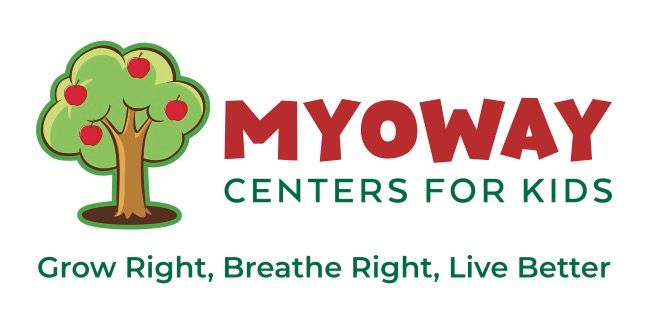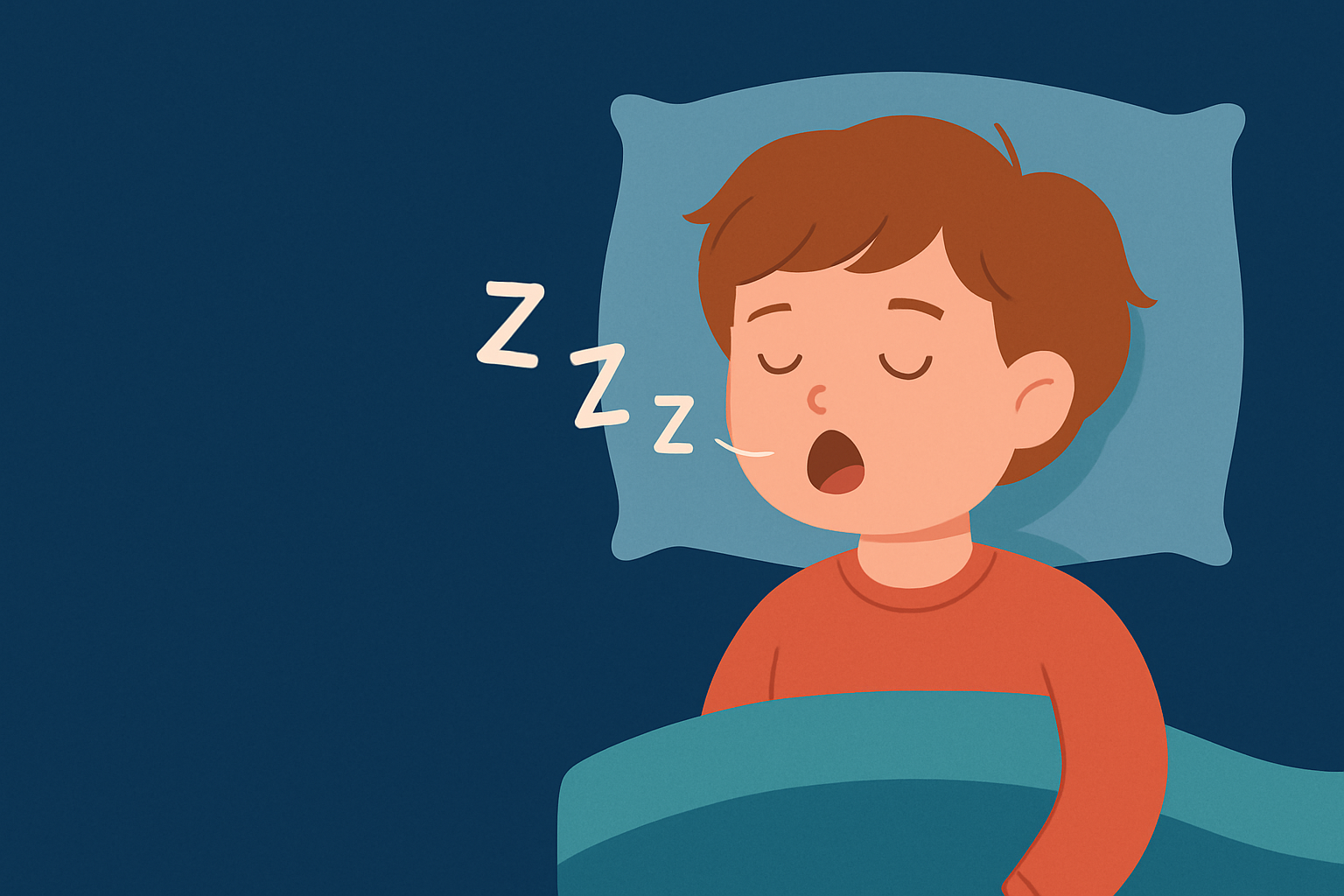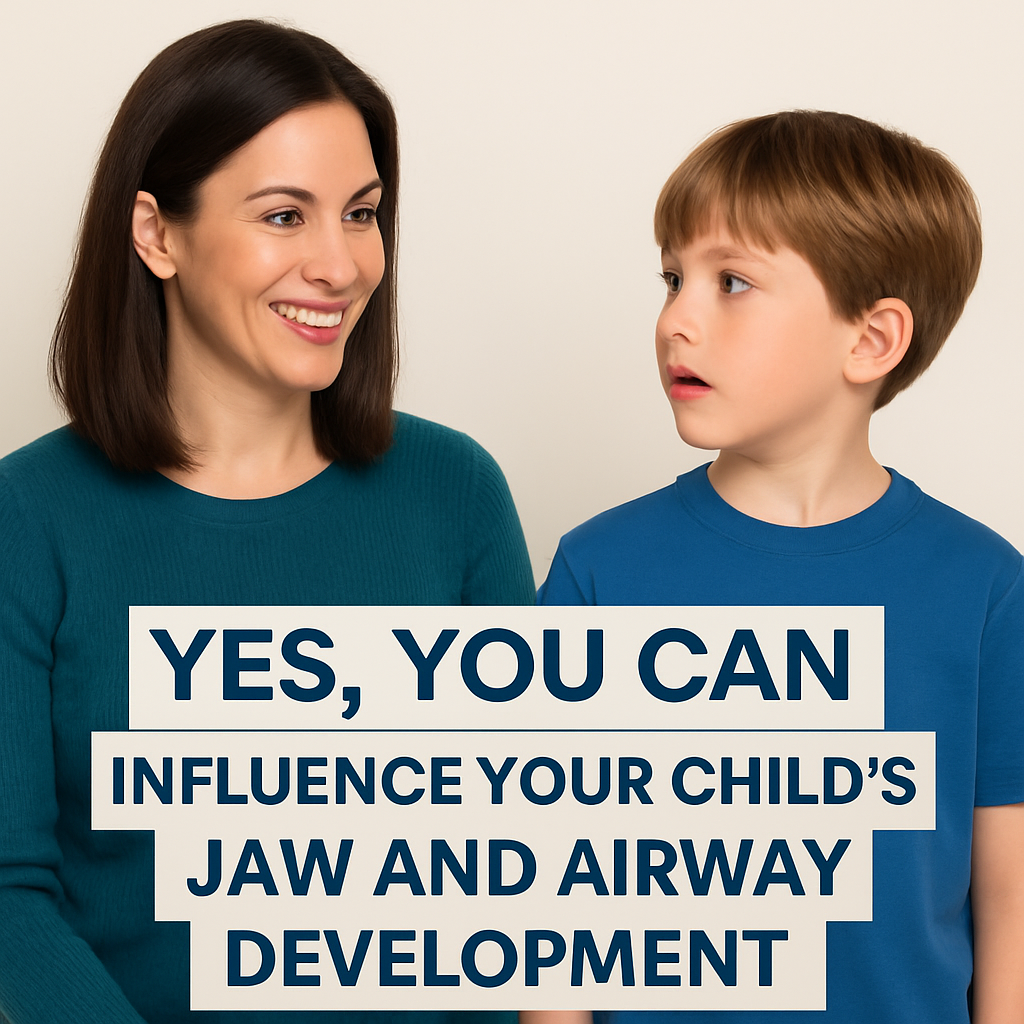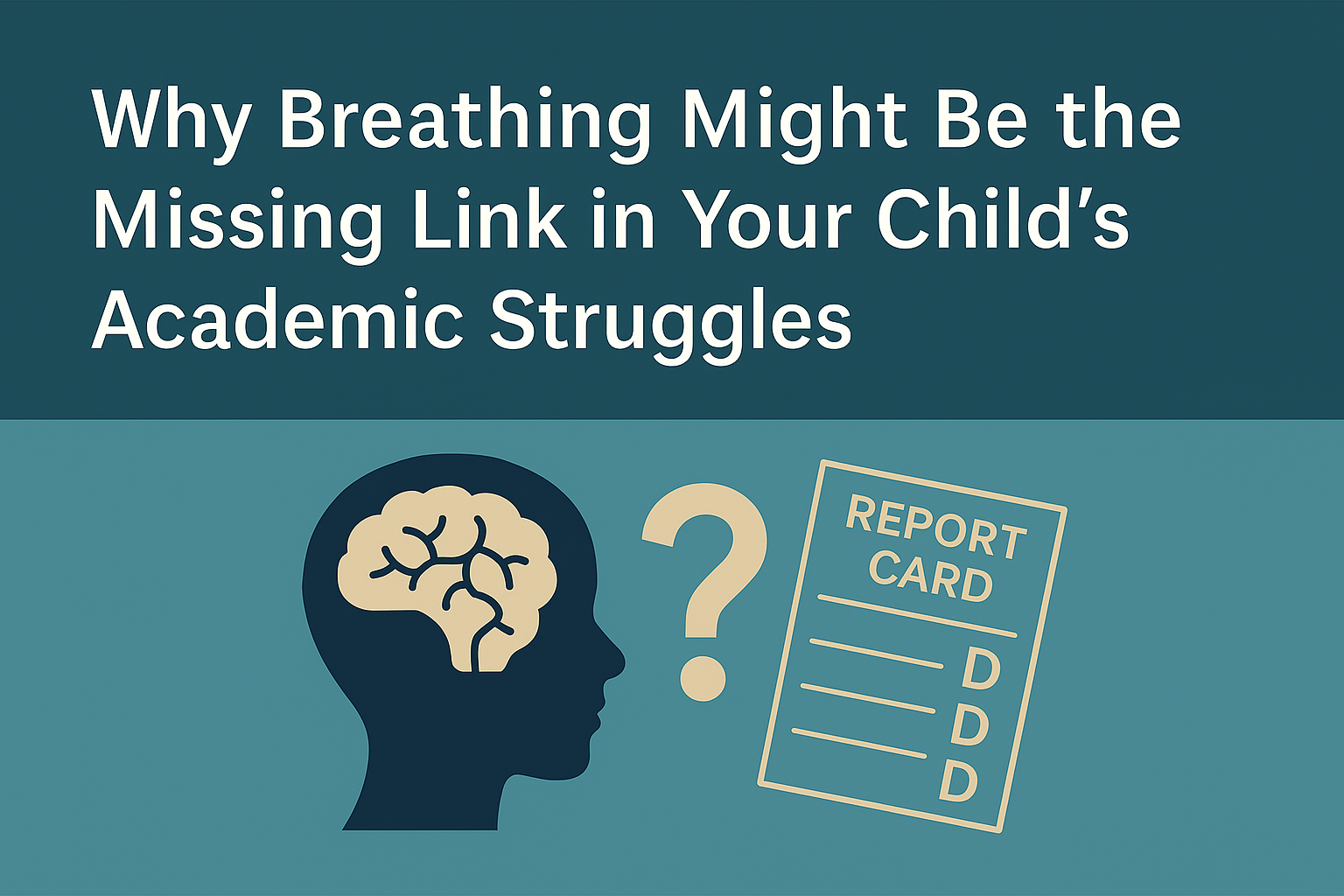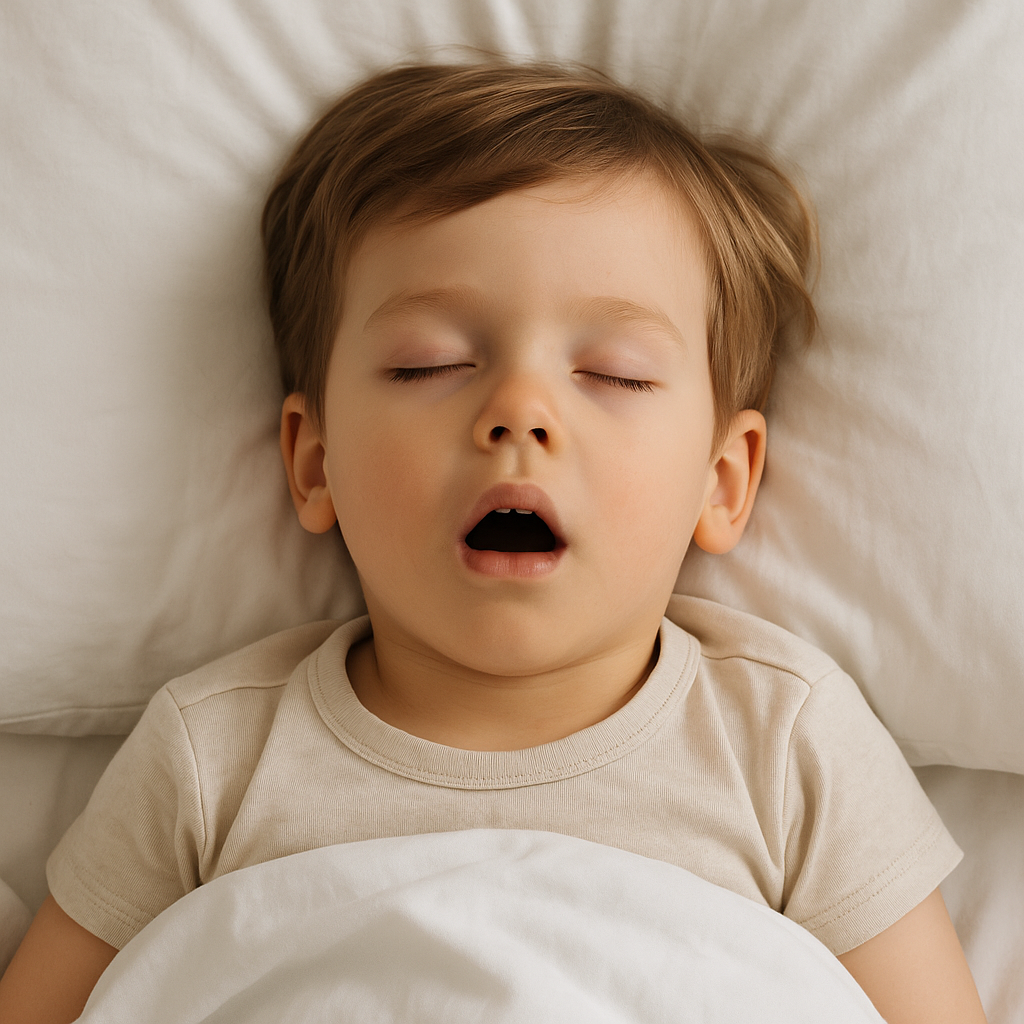Why Mouth Breathing is Bad for Your Little One
Dr. Leslie Pasco • September 24, 2024
Mouth breathing, while often unnoticed, can have significant negative impacts on a child's health and well-being. It can lead to a variety of issues, from dental problems to sleep disturbances. In this blog post, we will explore the reasons why mouth breathing is detrimental and discuss ways to improve your child's breathing habits.
Negative Effects of Mouth Breathing
- Dental Problems: Mouth breathing can contribute to:
- Dry mouth: Saliva plays a crucial role in maintaining oral health. When a child breathes through their mouth, the saliva production decreases, leading to dry mouth, which can increase the risk of cavities, gum disease, and bad breath.
- Malocclusion: Over time, mouth breathing can cause a child's facial muscles to develop abnormally, leading to misaligned teeth and jaws.
- Sleep apnea: Mouth breathing can exacerbate sleep apnea, a condition characterized by pauses in breathing during sleep. Sleep apnea is a Sleep Related Breathing Disorder (SRBD), and these disorders, which include snoring, have been shown to negatively impact a child's behavior when awake.
- Respiratory Issues: Mouth breathing can:
- Irritation of the throat and lungs: Cold, dry air entering through the mouth can irritate the throat and lungs, leading to coughing, sore throat, and increased susceptibility to infections.
- Reduced oxygen intake: Breathing through the nose filters and warms the air, ensuring that your lungs receive adequate oxygen. Mouth breathing bypasses these natural filters, potentially leading to reduced oxygen intake.
- Sleep Disturbances: Mouth breathing can:
- Disrupt sleep: The constant opening and closing of your child's mouth can disturb your sleep, leading to fatigue and difficulty concentrating.
- Snoring: Mouth breathing can contribute to snoring, which can be disruptive to your child's sleep.
Improving Your Breathing Habits
- Identify the cause: Determine why your child might be a mouth breather. Common causes include allergies, enlarged adenoids, or structural issues with your nose and poor oral muscle tone. Addressing the underlying cause is essential for improving breathing habits. Mouth breathing can also be a left over habit from past breathing issues, societal or cultural conditioning.
- Practice nasal breathing: Make a conscious effort and retrain your child to breathe through their nose, especially during sleep. You may find it helpful to use a nasal strip or saline nasal spray to help keep the nasal passages open. Myofunctional therapy to strengthen the lip and tongue muscles also helps to break the mouth breathing habit and make nasal breathing easier.
- Consider dental treatment: If your child has dental issues that contribute to mouth breathing, such as misaligned teeth or weak muscle tone, consult with a myofunctional therapist, dentist or orthodontist for appropriate treatment.
- Improve the sleep environment: Create a conducive sleep environment by keeping the bedroom cool, dark, and quiet. Keep the child away from screens and electronics several hours before bed.
- Consult a healthcare professional: If your child has persistent mouth breathing or you have concerns about their respiratory health, consult with a doctor or an ear, nose, and throat specialist if you feel you have breathing obstruction. To correct the muscle habits and strengthen the oral and airway muscles, seek a licensed myofunctional therapist for help. It is best to have a myofunctional evaluation as early as possible and select a myofunctional therapist who is licensed and can coordinate with an ENT and orthodontist.
Conclusion
Scientific studies have proven that mouth breathing can have a significant negative impact on your child's health and well-being. By understanding the risks and taking steps to improve your child's growth, development and breathing habits, you can enhance their overall quality of life for a lifetime.

